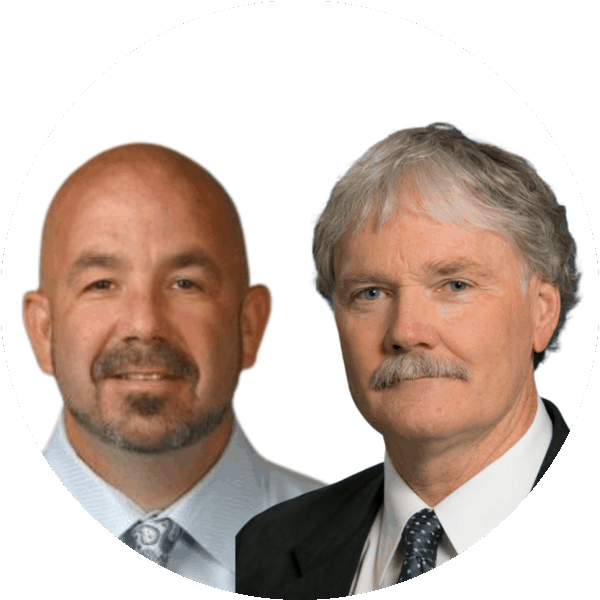Advocating for Bioscience Policy: Putting Animal Research at the Forefront with FASEB
Bringing Animal Research Front and Center in Advocating for Bioscience Policy
 When FASEB and its member societies participate in Capitol Hill Day, one of the issues that comes up in conversation is how biomedical research employs animals to study diseases that affect humans—from flies and worms to laboratory-bred dogs and nonhuman primates.
When FASEB and its member societies participate in Capitol Hill Day, one of the issues that comes up in conversation is how biomedical research employs animals to study diseases that affect humans—from flies and worms to laboratory-bred dogs and nonhuman primates.
To better explain the importance of animal studies in bringing forward new drugs or treatments for both humans and animals, FASEB has used its Capitol Hill Day at times to focus attention on animal research and its efficacy when advocating with members of Congress and their staffs.
“Animal studies are necessary to get the best results and in the healthiest possible way for the human population,” said Randall Davis, PhD, Associate Dean, Biomedical Sciences, Director, Biomedical Sciences Graduate Program, and Professor of Pharmacology at Oklahoma State University Center for Health Sciences. “And it's done with great caution and care and control.”
That message resonates with members of Congress and their staffs, especially when investigators are able to explain the broader consequences to U.S. public health, said Charles Roberts, PhD, Associate Director for Research and Professor in the Divisions of Metabolic Health and Disease and Reproductive and Developmental Sciences at the Oregon National Primate Research Center (ONPRC) and Professor of Medicine, Pediatrics, and Cell, Developmental, and Cancer Biology at Oregon Health & Science University (OHSU).
For example, nonhuman primate research was critical in the development of coronavirus vaccines that significantly reduced the health impact of the pandemic. Roberts said that the fact China has stopped exporting nonhuman primates for biomedical research and is now importing large numbers for its domestic nonhuman primate research also interests members who may have fewer qualms about nonhuman primate research if there are national security implications.
“When you talk about pandemic preparedness and national security given China’s expansion of their internal nonhuman primate research capabilities, when you take it outside the realm of biomedical research, it really resonates with people,” said Roberts. “If you’re able to bring a larger aspect of it, you can give members of Congress a rationale for why it’s important to support robust funding for the National Institutes of Health so that scientists can receive grants and do their research.”
Davis added that he found a similar situation when he spoke with Oklahoma members about how his work looked at alternatives for pain management and mood disorders, particularly alternatives to opioids. “It’s a timely thing that we can share,” he said. “With the problems with opioids and drug abuse, they know we as a society need something different.”
Whether speaking about animal research or talking about basic science policy and government funding, Roberts said the tenor of the conversation changes depending on where the representative is from. He noted that being from a state like Oregon, you’re more likely to find members of Congress who are sympathetic to animal research because their districts include large research universities and health care centers.
Another factor is having a clear disease connection rather than advocating for basic research. “Even though basic research is essential, whether you like it or not, it's really important to say you've got a disease connection,” said Roberts. “For example, when I’m on the Hill, I talk about obesity and diabetes, because they can all relate to that.”
Both agreed that any successful advocacy effort requires articulate spokespeople who have a passion for the science, whether they’re junior or established investigators. And it helps, they say, to be personable, given that scientists are making a cold call on members and their staffs. “I think it helps to get an advocate who can get the point across with feeling, and can connect the dots pretty easily so an audience can relate.”